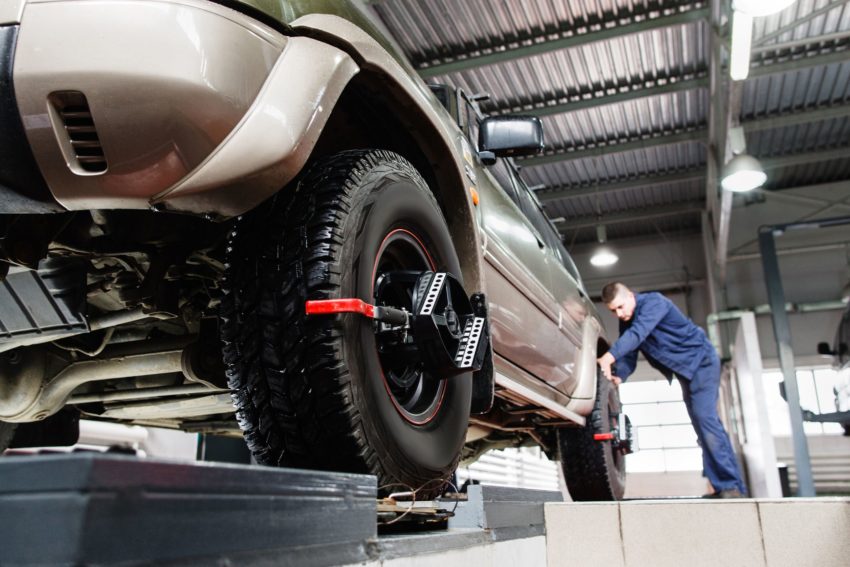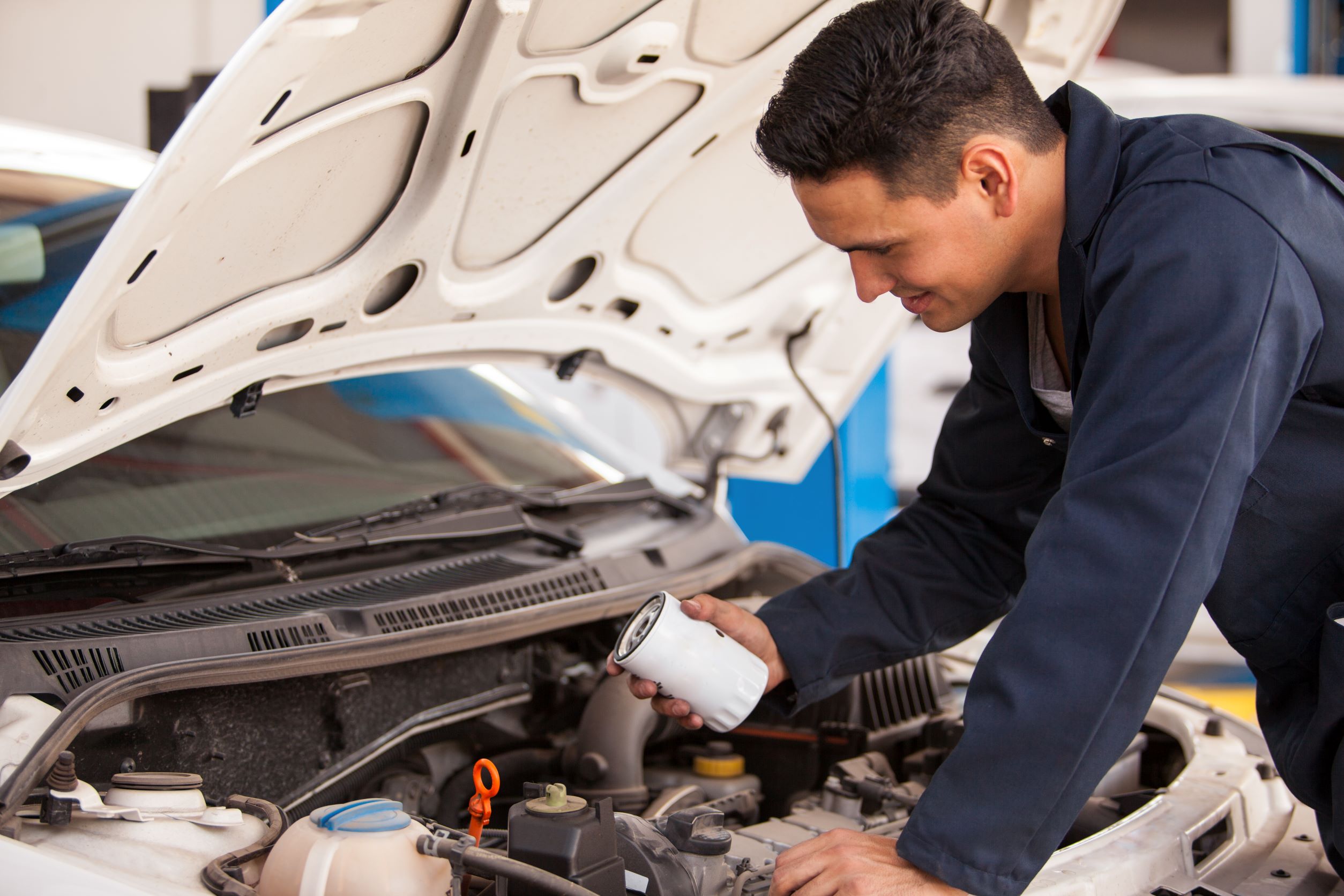
Whether you have a brand-new or old vehicle, it’ll require a tune-up in the long run. Generally, a tune-up involves driving your car to an auto repair shop so it’ll undergo preventive maintenance, including replacement of the wires, spark plugs, and filters, among others.
The vehicle would often manifest symptoms indicating a tune-up is necessary. Depending on the situation, having a timely tune-up will make sure your car will operate smoothly. If you delay or postpone a tune-up session, it’ll develop various problems you could avoid in the first place. If you want to learn more about auto tune-ups in California, checking out HG Performance and others would help.
Here are the signs your car needs a tune-up:
1. Unusual Sounds
Although it’s normal to hear certain sounds while driving your vehicle, any unusual sounds might require an inspection by a mechanic. When you hear strange noises such as squealing or clanking, it requires immediate attention since it might indicate a problem.
2. Difficulty Starting The Vehicle
When you find it hard to start your vehicle, it might signify various potential issues such as a weak fuel pump or battery, but it can also be an issue requiring a tune-up. If you want to determine the root cause, consult a mechanic to conduct an inspection.
3. Warning Light
Once the warning light on your dashboard lights up, consider it as a warning sign. The light has a vital function you shouldn’t overlook. It warns you that there’s something wrong with your vehicle.
Depending on the current issue with your vehicle, you might be able to deal with the issue with special tools you can readily find in most car repair stores. Sadly, others might be a systemic problem that requires the skills and expertise of a mechanic.
4. Stalling
When your car is stalling while driving, it might indicate a faulty spark plug. Pay close attention to the instances when your vehicle stalls. Depending on the circumstances, the details would help the mechanic pinpoint the problem.
5. Poor Gas Mileage
Poor fuel efficiency indicates that a vehicle isn’t burning fuel properly, which often results in faulty spark plugs. In most cases, having a tune-up session might improve the overall efficiency and performance of your vehicle.
6. Poor Braking Ability
The braking mechanism in any vehicle is one of the essential safety features since it’ll save your life as long as it responds efficiently. Once you notice the braking ability of your car is starting to decline, it requires immediate attention. Consult a mechanic to determine the source of the problem and provide suitable solutions to fix it.
7. Increasing Consumption Of Fuel
Even after driving your vehicle for several years, you already have a clear idea of the number of miles you can travel with a full tank. Once you notice your car is using up more fuel than usual, it’s a clear sign that it requires a tune-up.
Remember that a high fuel consumption vehicle might indicate various problems, including those affecting the emission system or poor wheel alignment. Unless you can figure out and fix the issue, you’re placing unnecessary stress on your vehicle while wasting money on gas at the same time.
8. Shaking
When your vehicle is shaking, you’ll initially blame the uneven surface of the road. However, if your car vibrates even while driving on a paved street, there might be an internal issue. Generally, you’ll notice the vibrations while driving at certain speeds or only in the steering wheel. In some cases, the vibration can be strong enough that you feel the entire car vibrating. When strong vibrations occur, it’s a clear sign your vehicle needs a tune-up right away.
9. Manufacturer’s Recommendation
Even if you don’t experience any problems with your vehicle, getting a tune-up is a good move to avoid problems from developing. An old vehicle requires a tune-up every 20,000 miles. As for newer models, a tune-up is necessary every 30,000 miles. Always check the recommendations of your manufacturer for the proper tune-up routine. In case you’re in doubt, consult a mechanic.

Conclusion
Once you start to experience any of these, it might be best to bring your car to a repair shop so a mechanic can conduct an inspection and carry out the necessary repairs. You don’t want to encounter issues, especially during a road trip. A preventive approach is to make sure your vehicle gets regular tune-ups without waiting for any of the signs to manifest. Keeping your car in good shape will make driving a hassle-free and safe experience for years to come.